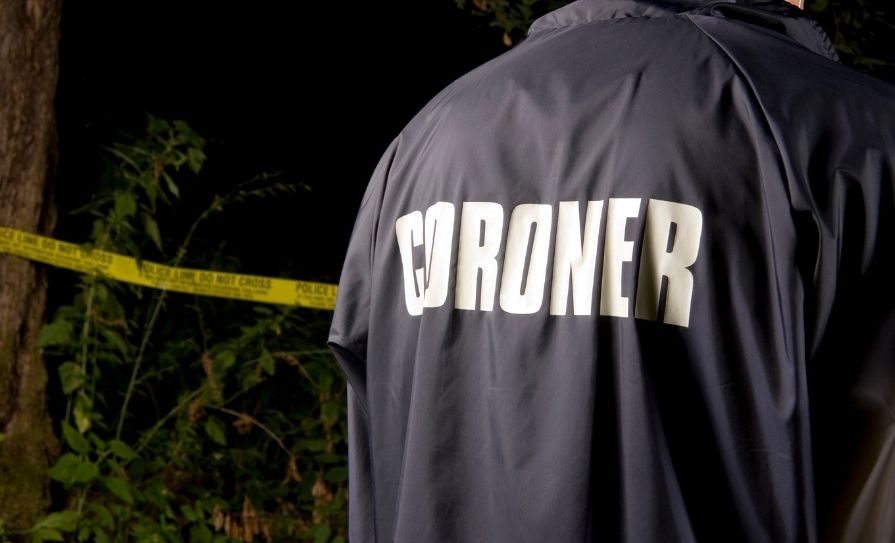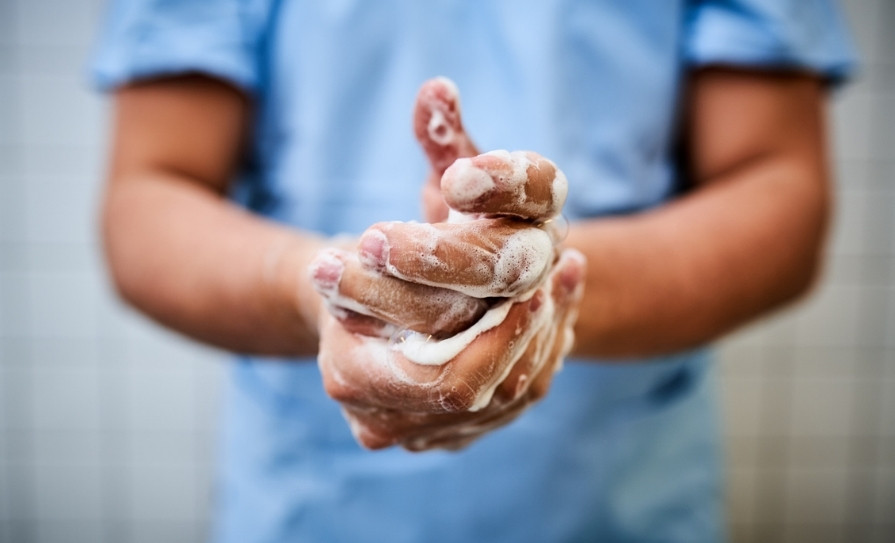Concerns have been expressed about the possible exclusion of doctors from future coronial appointments amid Government plans to overhaul the service, the Medical Independent (MI) has learned.
When contacted for comment by MI, Donegal Coroner and GP Dr Denis McCauley said having a coroner without any medical knowledge and only legal training would result in a greater number of post-mortems being conducted for sudden deaths.
Dr McCauley, who is currently IMO President, said: “It is an asset for a coroner to have medical training.”
He added he did not agree that a legal degree should be the primary qualification for future coroners and cast doubt on the prospect of a medical advisor assisting coroners in the future.
A Department of Justice spokesperson said the qualifications (legal or medical) that coroners will hold under the reforms “remains under consideration”.
New legislation and reform plans for the coronial service are due to be published in the coming months following a Department consultation process
with stakeholders.
Plans are currently being costed and the Heads of Bill will be brought to Government this year, the Department spokesperson told MI.
There are approximately 34 coroners nationally and they are on-call 24 hours a day, 365 days a year. However, many coroners also have other roles. In the future, the role of coroner will be full-time and salaried, according to the Department spokesperson.
“I think one of the important issues is to retain the professional reactive service that we have now and not to exclude doctors from being a coroner,” Dr McCauley told this newspaper.
“In my personal opinion I feel 80 per cent of what we do is enhanced by having medical knowledge.
“My instinct is that they have the system in Northern Ireland in mind, which is not as reactive as ours and is not liked by doctors in Northern Ireland.”
Dr McCauley said he was satisfied with Government plans to introduce an
independent chief coroner’s office, but argued against introducing a more regionalised service.
He maintained that such a service, with less out-of-hours contact, would cause unnecessary psychological trauma to bereaved families, raise costs, and increase the workload of An Garda Síochána and other emergency services.
Dr McCauley believed there were more important challenges within the service requiring urgent attention.
These included delays receiving post-mortem examination (PME) reports, largely due to backlogs in toxicology, a process which is essential when all non-hospital deaths are being investigated.
“[Toxicology] is one of the major issues in getting post-mortem results to families. That said, there has been a welcome improvement in the toxicology
service,” he said.
Another issue is the number of pathologists performing post-mortems presently and into the future, while difficulties accessing neonatal and paediatric pathology services is a daily concern, according to Dr McCauley.
He said that consultation with coroners to date had not been meaningful. He also expressed serious concern that reforms would be imposed “from above” and that the process could “fail or produce a real disaster” in terms of the composition of the new service.
The Department spokesperson said it was “aware of the increasing challenges” in securing histopathologists to carry out coroner-directed PMEs. It established a standing committee in September 2022 to examine the issue.
The spokesperson said another matter under review is “the current approach for the provision of coroner-directed autopsies” to ensure families “have equal
access to pathology services and do not experience unnecessary delays”.
The number of deaths required to be reported to a coroner is also being examined.
“Ireland currently reports significantly more deaths than comparable jurisdictions and consequently has cause to investigate many more deaths than might otherwise be required,” the spokesperson added.













Leave a Reply
You must be logged in to post a comment.